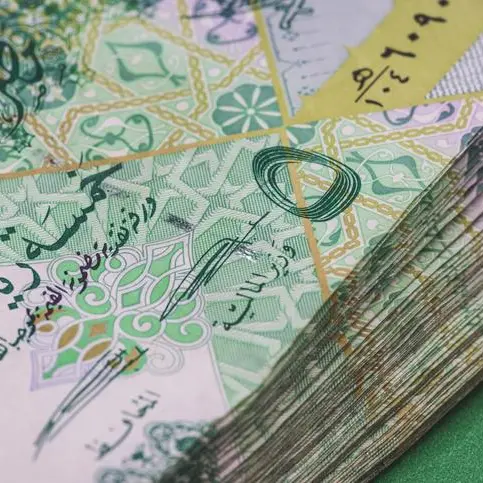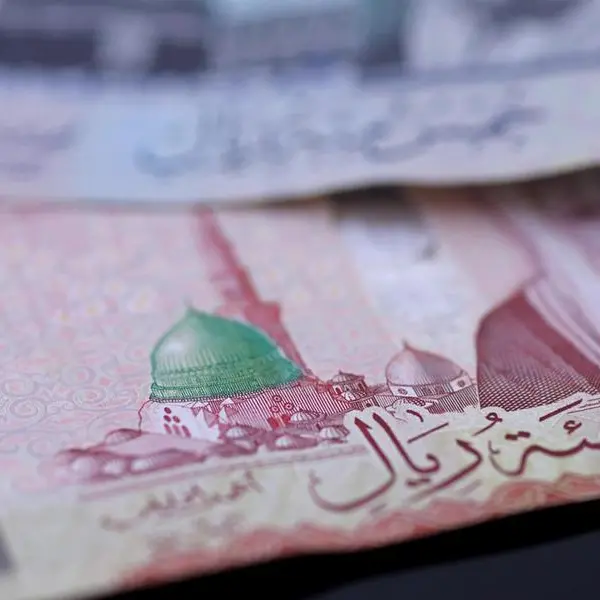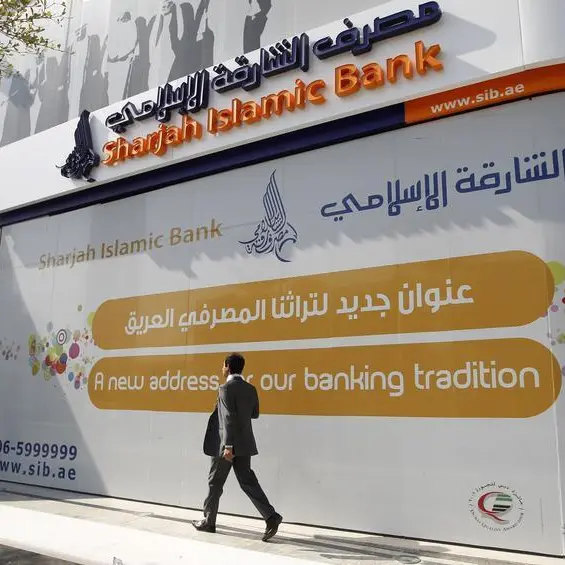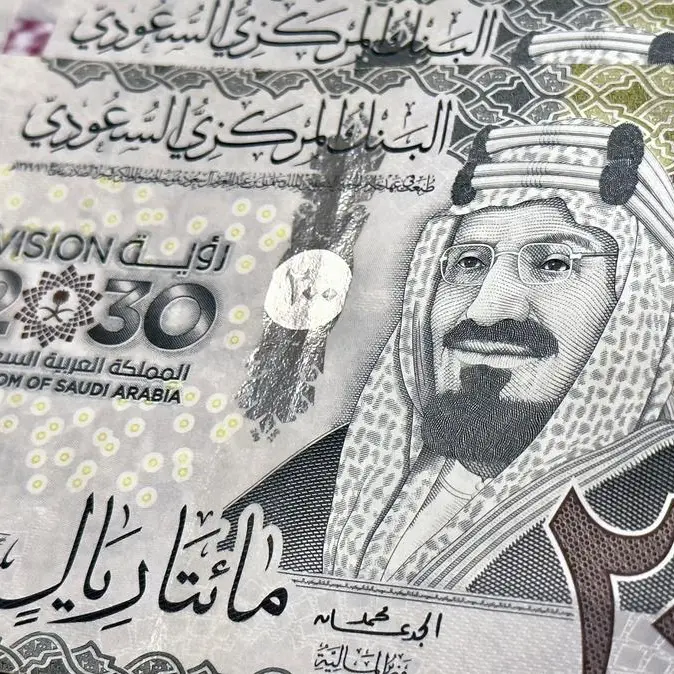PHOTO
Dr. Muhammad Al Jasser, President and Group Chairman of the Islamic Development Bank (IsDB), announced that the bank's net financing for sustainable development programmes and initiatives has amounted to a total of $170.5 billion since its establishment until 2022.
Speaking at a press conference held during the 2023 Annual Meetings of the IsDB Group in Jeddah, Saudi Arabia, Dr. Al Jasser reported that IsDB's annual net approvals increased by 18.5% to reach $10.5 billion in 2022, with financing support distributed across various economic sectors such as energy, industry and mining, agriculture, finance, transportation, water and sanitation, health, education, and others.
Additionally, Dr. Al Jasser highlighted that the bank has maintained its 'AAA' credit rating with a stable outlook for the 26th time from S&P Global Ratings, the 16th time from Moody's, and the 15th time from Fitch Ratings, reflecting its outstanding performance. For further information, please refer to the official website of the Islamic Development Bank (IsDB).
Speaking on the Islamic Development Bank’s vision and objectives as a leading AAA-rated multilateral development bank (MDB), Dr. Al Jasser highlighted the role the Bank plays in improving the lives of people in its member countries and Muslim communities worldwide, by promoting social and economic development and delivering impact at scale.
Held under the theme of “Partnerships to Fend off Crises,” the four-day 2023 IsDB Group Annual Meetings have brought together policymakers, business leaders, senior executives and attendees representing more than 100 countries at the King Abdullah Congress Center - The Ritz-Carlton Jeddah. The 2023 edition of IsDB Group annual meetings seeks to provide an engaging, solution-oriented platform for participants to discuss current financial, economic and development issues faced by IsDB Group member countries and its partners.
Established in 1975, the Bank currently serves its 57 member countries from four continents, in addition to Muslim communities from non-member countries - through their respective governments - and its operations impact one-fifth of the world's population.





















